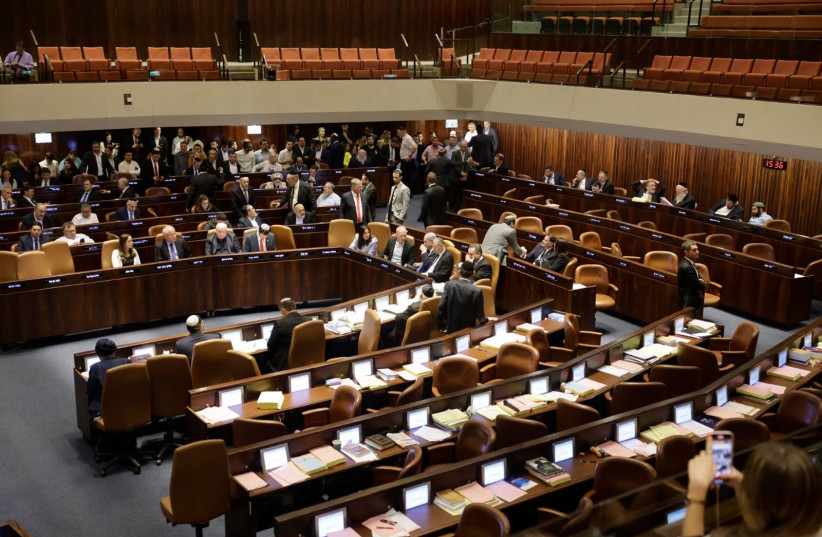A law that would allow the appointed temporary Tiberias mayor to run in the October municipal elections expands equality and the right to run for office, the Knesset legal adviser argued in an opinion on Wednesday calling on the High Court of Justice to reject petitions against the so-called "Tiberias law."
The Knesset legal team said that the interim injunction against the law last Thursday should be canceled, ahead of a hearing on Sunday.
The Tiberias Law passed on July 4, allows appointed caretaker Mayor Boaz Yosef, an ally of Shas chairman Arye Deri, to run for office despite a country-wide mandatory cool-down period for interim mayors. The period was reduced to 90 days.
Petitioners such as Anti-Corruption Movement (TLM), the Israeli Movement, the Movement for Quality Government in Israel, and Tiberias mayoral candidate Shani Illuz argued that allowing a caretaker mayor to run for office infringed on the equality of other candidates, as they had an unearned advantage of incumbency.
The Knesset legal adviser argued that the law in fact fixed the harms on individual rights of a person to run for office, which was greater than any possible damage done by their advantage -- an advantage that wasn't certain, as it would only apply if they had been successful in their appointed position. The Knesset legal adviser also noted that the constitutional principle of equality didn't apply to local authority elections.

What did the Tiberias Law change?
Petitioners had also argued that the Tiberias Law had “changed the rules of the game while playing.” The Knesset legal adviser noted that the law was introduced on May 15, before the candidates registered on June 4, and that the other timing details didn't match with the theory. The legal adviser said that they had advocated for the law only to come into effect after the election, but this wasn't included in amendments.
Instead of seeking to cancel the law, the Knesset legal adviser noted that some petitioners called for an alternative remedy to add a court interpretation that would result in the law only applying after the election. The Knesset didn't take a position on how laws should be interpreted but said that it was better to interpret a law in a way that it would remain intact rather than striking it down.
Another argument against the law was that it was highly personal in nature. The Knesset legal adviser contended that the law would apply generally to all future mayoral elections. Many of the issues were considered in the drafting of the law, the Knesset said, as indicated by the minutes of committee meetings. The drafters had attempted to avoid many of the problems.
